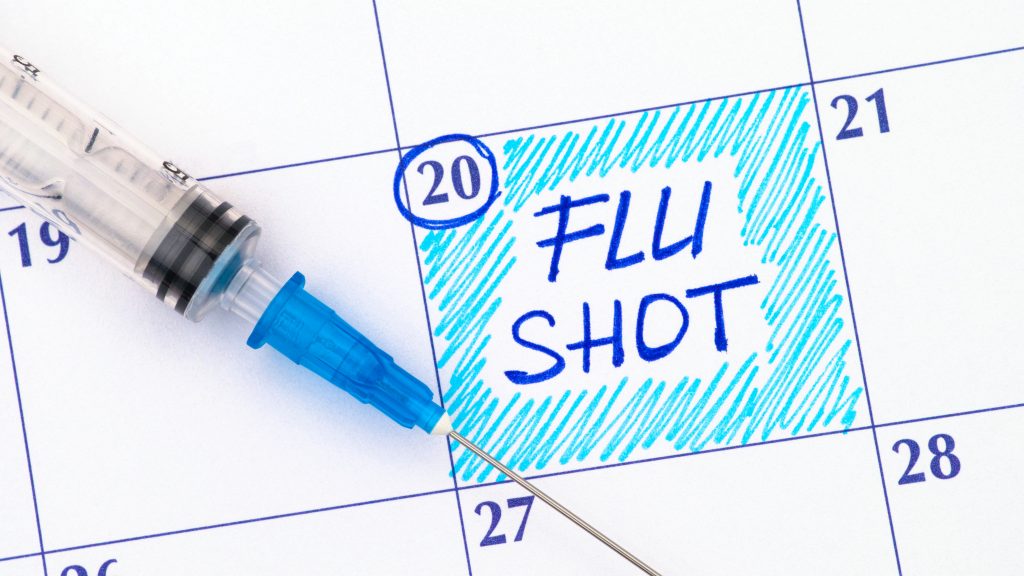
Public health experts are urging the people to ensure they are properly vaccinated against the flu, citing it's doubly important this season because of the ongoing COVID-19 pandemic.
Dr. Priya Sampathkumar, an infectious diseases specialist says she is often asked who should get vaccinated and the best time of year to do so. She answers those questions and more in this Q and A.
Watch: Dr. Priya Sampathkumar talks about flu vaccine.
Journalists: Sound bites with Dr. Priya Sampathkumar are in the downloads at the end of the post. Please courtesy: Mayo Clinic News Network."
Q: Why is it so important to get the flu vaccine, especially this season?
A: The flu vaccine does not protect you against coronavirus. But this year, it's really important to get the flu vaccine because if you do get the flu, it will be really hard to tell flu and COVID infection apart. It is going to result in anxiety on your part. It is also going to result in a need for testing for both flu and for influenza and potentially quarantine and inconvenience. It is important that you do everything you can to stay healthy and not get the flu at all.
Q: Who should get the flu vaccine?
A: It is really simple. Everybody over the age of 6 months should be getting the flu vaccine unless they have an allergy to the component of the vaccine, which is actually very infrequent. Even egg allergies are no longer considered a contraindication to the vaccine.
Q: When is the best time to get a flu vaccine?
A: You need to get the flu vaccine at least two weeks prior to the onset of flu activity in your region, and that can vary from place to place.
In the Midwest, typically, flu doesn’t start until about the last week in December, and then it can go through the end of March. The vaccine takes about two weeks to induce an immune response, so you should get it two weeks before–by the first week of December.
Q: Is there ever a time that is too early to get the flu vaccine?
A: For most people, no. You can get it as soon as the flu vaccine becomes available. For immunosuppressed patients and of the elderly, sometimes the effect of the vaccine can wane in six months. For instance, if you get it in August, you may not be protected in March, and that’s when flu is still circulating. So, there’s a little bit of concern about that, but I would urge people to get it when it's available.
Q: Why do we need to get a new flu vaccine every year?
A: The flu virus is a virus that is constantly evolving. It goes through what are called mutations all the time. Between one year and the next, the flu virus undergoes changes, and that’s why we need to give you a new vaccine every year. Every year, the flu vaccine has four different strains that are collected from all over the world. Public health authorities pick the ones they think are most likely to cause infection.
Related posts:
- Facts about vaccines and what people need to know
- Mayo Clinic Q&A podcast: How do vaccines work?
- Flu shot: Your best bet for avoiding influenza
Information in this post was accurate at the time of its posting. Due to the fluid nature of the COVID-19 pandemic, scientific understanding, along with guidelines and recommendations, may have changed since the original publication date.
For more information and all your COVID-19 coverage, go to the Mayo Clinic News Network and mayoclinic.org.







